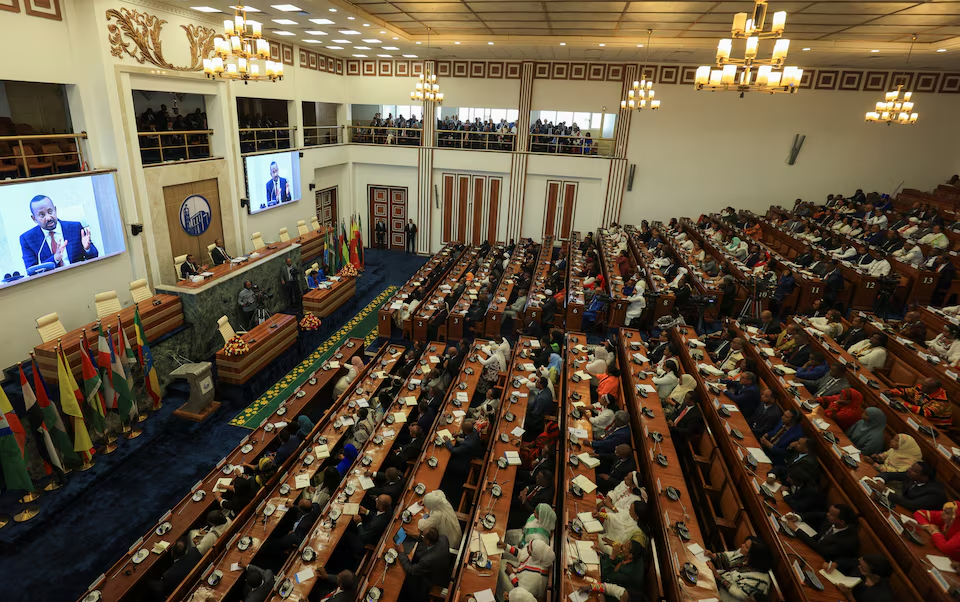Here is a timeline of key events as Ethiopia expects to put its long-delayed debt restructuring back on course after securing a new financing programme with the International Monetary Fund:
November 2020: War breaks out in the northern region of Tigray between forces loyal to the regional government and the federal military, further straining government finances hit by the COVID-19 pandemic.
Disruption related to the war and COVID lead to the collapse of a $2.9 billion IMF programme agreed in December 2019. Fund staff carry out the programme’s first review in mid-2020, but the board never finalises it, leading it to be abandoned by both sides.
January 2021: The government says it will seek to restructure its sovereign debt under a new G20 initiative to offer relief to developing economies known as the Common Framework. It becomes the second nation, after Chad, to announce it will pursue the initiative. Zambia and Ghana later follow.
June 2022: Talks with the IMF resume.
October 2022: The government in Addis Ababa bans the import of dozens of products including cars, liquor and household goods due to acute foreign currency shortages. Business owners report a thriving black market for dollars.
March/April 2023: An IMF team visits Ethiopia on a staff mission for talks with authorities.
August 2023: Ethiopia says it has secured a debt servicing suspension from China, one of its key creditors.
September/October 2023 – Another IMF team visits Addis Ababa for another staff mission for talks with authorities.
November 2023: The government reaches an agreement in principle with its official creditors on an interim debt service suspension.
December 2023: The country defaults on its $1 billion Eurobond after missing a $33-million coupon payment. That leads its sovereign bond price to slide and ratings agencies cut the country’s credit rating to reflect the default.
July 29, 2024: The central bank floats the birr currency, a key demand of the IMF for a new financing arrangement, sending the birr 30% lower against the dollar. Hours later, the IMF’s executive board approves a four-year, $3.4 billion programme, paving the way for Ethiopia’s debt restructuring to move forward.
